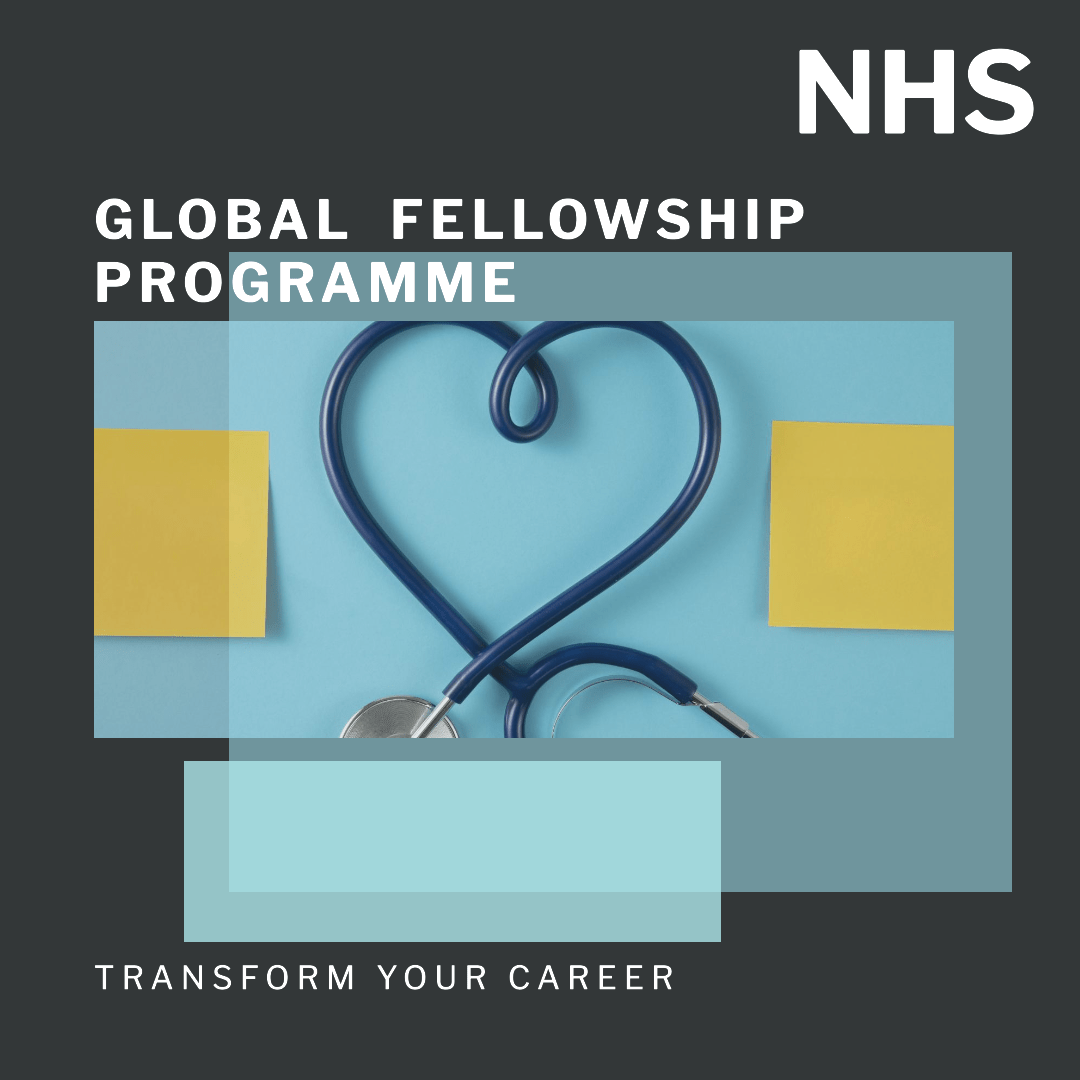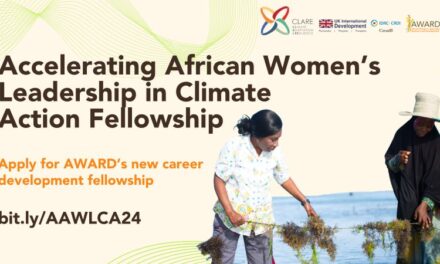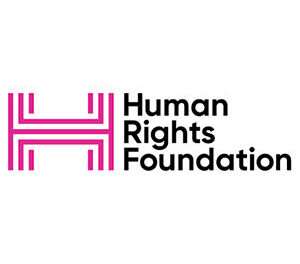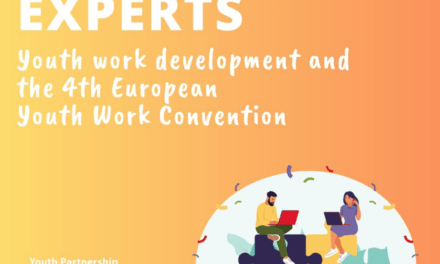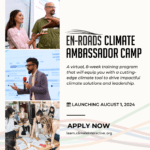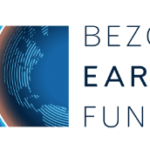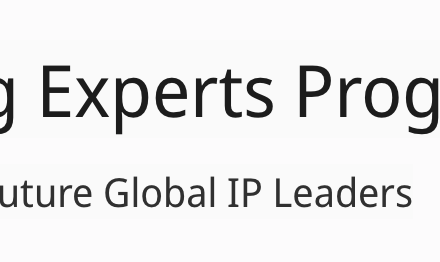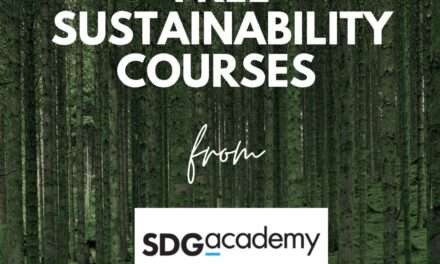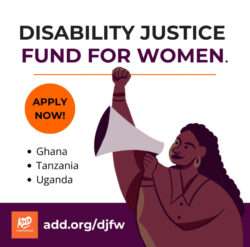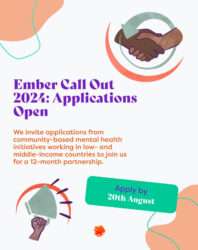
New Courses at United Nations FAO elearning Academy (Free and self-paced with certificates)
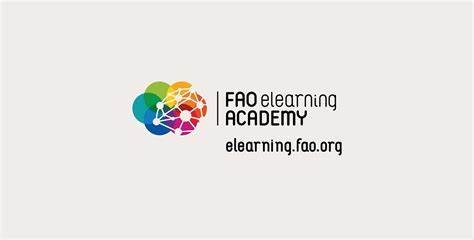
The FAO elearning Academy, which is the result of a collaborative effort involving over 300 partners throughout the world, offers over 500 multilingual elearning courses free of charge, as global public good. In addition to self-paced courses, it offers free international technical webinars, Massive Open Online Courses (MOOCs), learning initiatives and events in the areas of food and nutrition, security, social and economic development and sustainable management of natural resources, all supporting the Sustainable Development Goals (SDGs).
Self-paced courses
The FAO elearning Academy offers multilingual self-paced elearning courses, accessible free of charge online and in downloadable format. The courses allow you to learn about a subject based on your individual needs and interests, and the format allows you to study at your own pace, anywhere and at any time.
Our design approach is learner-centred, collaborative, multiplatform and multilingual. Course design starts with a detailed target audience analysis, is based on realistic and measurable learning objectives and includes knowledge assessment tests. A final evaluation certifies the acquisition of competencies, by granting a digital badge.
A preliminary thorough multistakeholder and multidisciplinary collaborative learning needs assessment, involving field practitioners and target audience representatives, is conducted to design a comprehensive curriculum.
The curricula are based on detailed analysis of target audience groups, including their roles, job functions and responsibilities and key job tasks, as well as the knowledge, skills and competencies required to improve performance and reach overall learning intervention objectives.
Each course has a clear purpose, realistic objectives that are measurable through knowledge tests and a final evaluation that certifies the acquisition of competencies through the digital badges system.
The FAO courses aim to give wide access to education worldwide, to geographically dispersed and marginalized individuals and to gender-biased communities.
International technical webinars
The FAO elearning Academy organizes and delivers international technical webinars, in close collaboration with the National Consortium for Agriculture, Food, Animal Health and the Environment (Agreenium), Future Food Institute and the United Nations Economic and Social Commission for Asia and the Pacific (UNESCAP).
Mobile learning
In certain learning contexts and settings, our courses are made available for learning on mobile devices (e.g. smartphones, tablets). Mobile learning experiences deliver content in small modular chunks and are particularly effective and appropriate when learners are in remote areas with poor internet connectivity, or if they need quick, just-in-time support.
Just tick the box “mobile” close to the search box to have a direct access to the mobile responsive elearning courses available.
Face to face capacity development interventions
The elearning Academy supports the technical divisions of the FAO and a number of partners in designing, developing and delivering face-to-face capacity development interventions that are aligned with FAO priority areas and the Sustainable Development Goals Agenda 2030.
These learning interventions are designed to:
- support member countries’ national policy environment, legal frameworks and decision-making processes;
- document and capitalize on country experiences;
- capture institutional memory;
- gather and share lessons learned;
- replicate in different settings;
- follow a learner-centred approach;
- place countries in the centre of their own capacity development process; and
- use local expertise and traditional knowledge.
Massive Open Online Courses (MOOCs)
The FAO elearning Academy organizes, supports and delivers free Massive Open Online Courses (MOOCs) with a number of partners. They address various thematic areas that are aligned with the FAO strategic programme and the United Nations SDG framework.
MOOCs are designed in a modular manner, have a clear purpose and realistic objectives that are measurable through knowledge tests and a final evaluation that certifies the acquisition of competencies.
They aim to give access to education worldwide, are able to penetrate geographically dispersed and marginalized individuals and gender-biased communities.
Online tutored courses
The FAO elearning Academy organizes online tutored courses targeted at specific audiences. These modular interactive, instructor-led courses are based on practical activities, with a set of hands-on tasks designed around realistic scenarios.
Collaborative activities are another core element of these tutored courses. In fact, geographically dispersed participants engage in peer reviews and discussion groups. The tutor guides them throughout their learning experience to facilitate collaboration and knowledge sharing. These instructor-led courses are designed around specific competencies. Through experiential learning and hands-on activities, learners are guided in applying newly acquired competencies in a concrete project related to their profession.
University learning programmes
FAO has established several partnerships with academic institutions, universities and consortia of universities for the creation of specialized joint Master’s and Graduate Degree programmes. These are fully based on the FAO elearning courses and associated materials.
The FAO elearning Academy is collaborating with Mediterranean Universities Union (UNIMED), Future Food Institute (FFI), LUISS University, African Virtual University, Regional Universities Forum for Capacity Building in Agriculture (RUFORUM), Open University of Catalonia, Association of Universities of Latin America and the Caribbean (UDUAL), University of Pretoria, La Sapienza University, Unitelma Sapienza and many others on the creation of University programmes.
Blended learning programmes
FAO blended learning programmes are always aligned with regional or national policy and/or legal frameworks that need to be implemented, or higher-level conventions or treaties to which a country needs to adhere.
The overall aim is to strengthen the capacities of targeted professionals and allow them to acquire specific competencies. This is to aid them in facilitating the implementation of policy and legal frameworks and in decision-making processes while addressing challenges at the local and regional levels.
The programmes provide a continuous learning opportunity over a period of four to six months, through a blended approach, laid out below.
- Participants interact in an online workshop via a collaborative learning platform, learning basic concepts and fundamentals. This initiates a participatory analysis of the country or regional context. In the online component, there is the support of a tutor to guide participants in their learning experience. They are encouraged to use social learning – like blogs, wikis and discussion groups – to interact with others and complete assignments. Performance measurement criteria and assignments are included to assess participants’ performance and ensure they meet the prerequisites needed to attend the face-to-face workshop.
- Based on the performance evaluation, successful participants attend a face-to-face workshop. The face-to-face workshop is designed according to the results of the online activities. The overall objective is to enable participants to apply the competencies acquired and jointly develop realistic action plans at the national or regional level.
- A final online mentoring phase completes the blended learning programme. In the three- to six-month mentoring period, participants are encouraged to apply learned skills and share the challenges, doubts and issues they are facing at the country level with the other geographically dispersed participants. This is referred to as peer-to-peer support. The tutor also provides mentoring, guidance and advice. Therefore, in this phase, participants receive support for the implementation of the action plans designed in the face-to-face workshop and keep up collaboration and dialogue with others in the programme.

